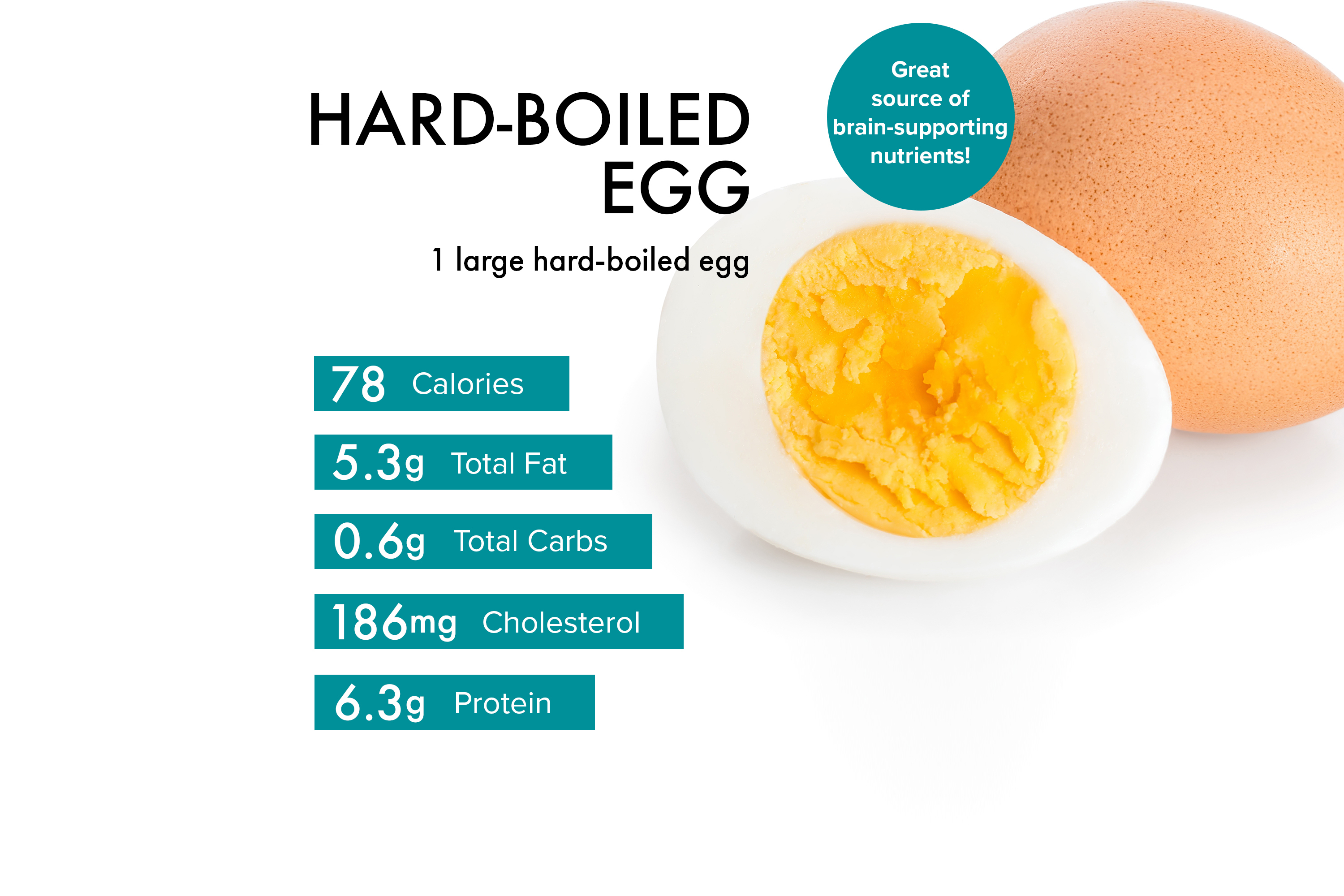Eggs are a staple in many diets worldwide, prized not only for their versatility in cooking but also for their nutritional value. Among the key nutrients found in eggs, protein stands out as one of the most important. In this comprehensive guide, we’ll delve into the specifics of how much protein you can expect to find in an egg, along with its significance in a balanced diet.
Egg Protein Content

Protein Content Variation
The protein content of an egg can vary depending on its size. Generally, larger eggs contain more protein than smaller ones. However, even within the same size category, there can be slight variations in protein content.
Range of Protein in Different Egg Sizes
- Small egg: Typically contains around 5 grams of protein.
- Medium egg: Contains approximately 6 grams of protein.
- Large egg: Provides about 7 grams of protein.
- Extra-large egg: Offers roughly 8 grams of protein.
Protein Distribution in Eggs
It’s important to note that the protein in eggs is distributed between the egg white and the yolk. While the egg white predominantly consists of protein, the yolk contains both protein and fats.
Importance of Protein in Eggs

Role in Nutrient Intake
Protein serves as a crucial macronutrient that supports various bodily functions, including muscle repair, skin health, and hormone production. Incorporating eggs into your diet can help you meet your daily protein requirements effectively.
Satiety and Weight Management
Protein-rich foods like eggs are known to promote feelings of fullness and satiety, which can aid in weight management by curbing excessive calorie intake and reducing cravings.
Nutrient Density
Apart from protein, eggs are also rich in essential vitamins and minerals such as vitamin D, vitamin B12, selenium, and choline. These nutrients contribute to overall health and well-being, making eggs a nutritionally dense food choice.
Debunking Cholesterol Myths
Clarifying Cholesterol Concerns
Historically, eggs have been associated with concerns about their cholesterol content. However, recent research suggests that dietary cholesterol from eggs may not have as significant an impact on blood cholesterol levels as once believed.
Dietary Recommendations
For most individuals, consuming whole eggs in moderation as part of a balanced diet is unlikely to adversely affect cholesterol levels. Health organizations such as the American Heart Association recommend limiting saturated and trans fats rather than strictly restricting dietary cholesterol.
Incorporating Eggs into Your Diet
Breakfast Options
Eggs are a versatile ingredient that can be enjoyed in numerous ways for breakfast. From classic preparations like scrambled eggs and omelets to more creative dishes such as frittatas and breakfast burritos, there’s no shortage of delicious egg-based recipes to explore.
Beyond Breakfast
While eggs are often associated with breakfast, they can also be incorporated into meals throughout the day. Hard-boiled eggs make a convenient and portable snack, while egg salads and quiches are satisfying options for lunch or dinner.
Cooking Tips and Tricks
To make the most of eggs in your cooking, consider experimenting with different cooking methods and flavor combinations. Whether poached, fried, boiled, or baked, eggs can be prepared in diverse ways to suit your taste preferences.
Exploring Alternatives
High-Protein Options
While eggs are an excellent source of protein, there are plenty of other foods that can provide similar nutritional benefits. Greek yogurt, cottage cheese, tofu, and lean meats are all excellent alternatives for those seeking additional protein sources.
Plant-Based Alternatives
For individuals following vegetarian or vegan diets, plant-based protein sources such as legumes, nuts, seeds, and soy products can offer ample protein without the need for animal products.
Conclusion
In conclusion, eggs are a nutrient-rich food that offers a convenient and delicious way to incorporate protein into your diet. With their versatility, affordability, and nutritional value, eggs deserve a prominent place on your plate. By understanding the protein content of eggs and exploring various ways to enjoy them, you can reap the numerous health benefits they have to offer. So go ahead, crack open an egg, and savor its protein-packed goodness!




